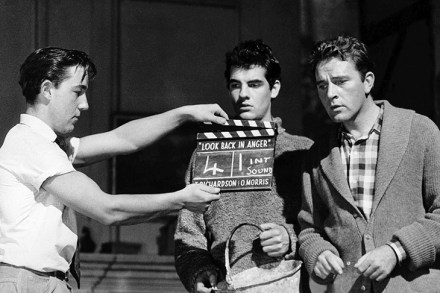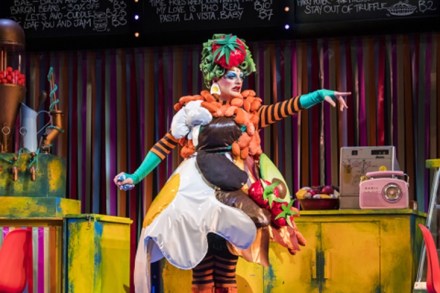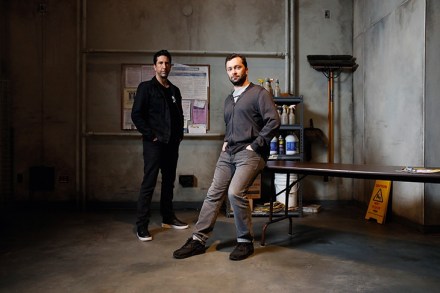Blurred vision
All About Eve is Cinderella steeped in acid rather than sugar. Eve, or Cinders, is a wannabe star who uses a powerful theatre critic (the Buttons character) to help her win fame by overcoming two Ugly Sisters represented by a movie goddess, Margo Channing, and her film-director boyfriend. This fairytale was filmed in 1950 with Bette Davis as Margo and it remains a widely loved classic. Ivo van Hove’s version is torn between the 1950s and the present day. Result: a mystery. Margo is clearly being stalked by Eve but instead of referring the poor girl to a psychiatrist, she hires her as an understudy. Somewhat rash! Margo seems oddly

















